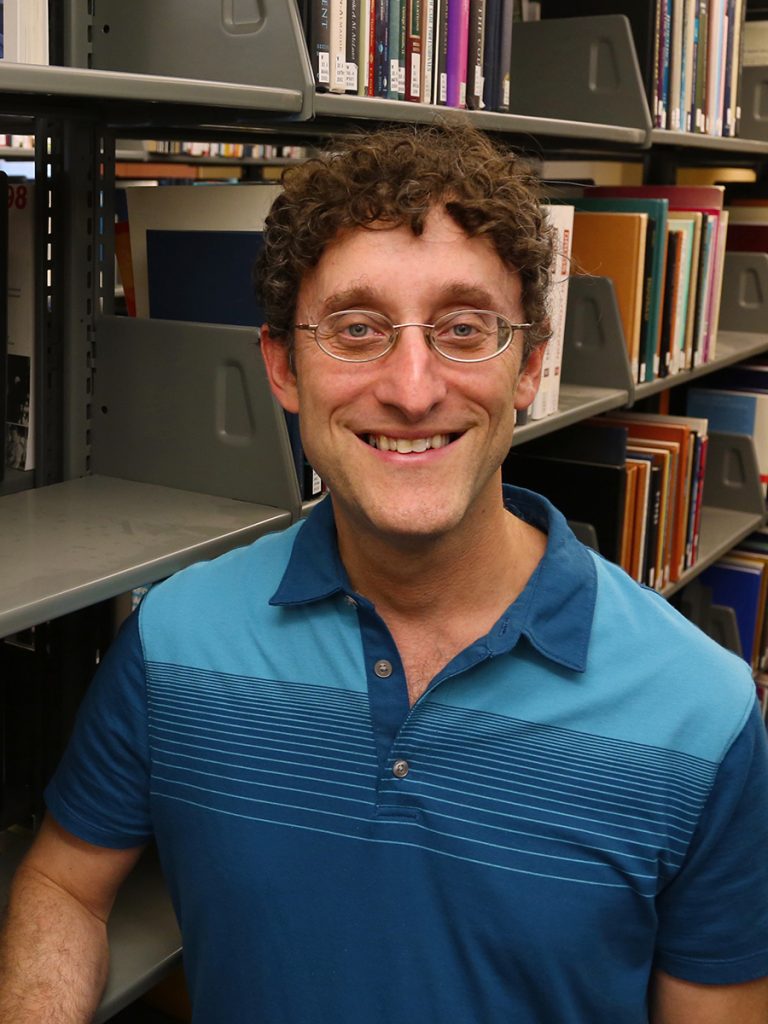

Jonathan Oberlander
Department Chair and Professor


Department Chair and Professor


Department Chair and Professor
The Department of Social Medicine is committed to teaching, research, and service that addresses the social dimensions of health, illness, and doctoring. Our department, housed within the UNC School of Medicine, is unique in its disciplinary diversity. Social Medicine faculty encompass an extraordinary range of fields in the humanities, social sciences, and clinical medicine.
The Department of Social Medicine plays a major role in the UNC School of Medicine curriculum. Our courses are where medical students encounter and learn about sociocultural influences on health and medicine, social inequalities, patient illness narratives, approaches to and controversies in medical ethics, health care policy and reform, and much more. We teach medical students throughout their four years of training, as well as residents, fellows, and hospital staff. The Social Medicine Reader, an interdisciplinary textbook that emerged from our teaching, is now in its third edition, comprising Volume I, Ethics and Cultures of Biomedicine and Volume II, Differences and Inequalities.
Social Medicine faculty conduct research on issues such as health disparities and equity, health care reform, reproductive health, the ethical implications of genomics research and pharmaceutical clinical trials, health and human rights, immigrant health, incarceration as a social determinant of health, the health of gender and sexual minorities, opioids, medical aid-in-dying and end-of-life care, psychiatric care, medical technology and the production of medical knowledge, narrative medicine, and ethical issues surrounding HIV prevention, treatment, and cure research. By investigating issues that lie at the intersection between medicine and society, we speak to the experiences of and quandaries faced by doctors, patients, and policymakers. Our scholarship illuminates the broader dynamics of health, illness, and medicine in North Carolina, the United States and abroad.
The Department of Social Medicine also serves as a bridge between the School of Medicine and other parts of the UNC-Chapel Hill campus. Our faculty teach and hold secondary appointments in the College of Arts & Sciences, School of Law, and Gillings School of Global Public Health. Social Medicine faculty collaborate on research and teaching projects with faculty throughout the university. We work with and mentor undergraduates, graduate students, and postdoctoral fellows across campus.
Social Medicine has three affiliated centers that are directed by departmental faculty: the Center for Bioethics, Center for Health Equity Research, and Center for Genomics and Society. These centers play a crucial role in advancing the research, teaching, and service missions of Social Medicine, strengthen the department’s connections to other units in the School of Medicine and across campus, and provide invaluable training opportunities for graduate and medical students as well as postdoctoral fellows. Additionally, Social Medicine is the administrative home of the Hospital Ethics Committee, which provides clinical consults to medical providers, patients, and families, and ethics education to UNC Medical Center staff, faculty, and students.
Social Medicine is a unique, exciting, and extraordinary department that has been a vital part of the UNC School of Medicine for over four decades. We welcome your interest in Social Medicine and hope that you will find an opportunity to connect with us soon.
With best regards,
Jonathan Oberlander, PhD
Professor and Chair